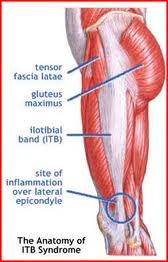Enjoy an injury-free swim season
With the warmer weather and longer days fast approaching I’m sure you’re all keen to head back to your favourite beaches or pools and hit the water to enjoy a refreshing swim!
Swimming is often regarded an ideal form of exercise as it is low impact, combines both upper and lower body strengthening, improves core strength and is a great form of aerobic exercise that can be enjoyed at any age.
Usually considered a low- risk of injury sport it does have a few that both competitive and recreational swimmers can develop. Swimmers are most prone to developing pain in their shoulders, neck, lower back or knees.
Common injuries in swimming
- Swimmer’s Shoulder is the most common injury caused by swimming (Rotator Cuff Impingement / tendonitis or Sub-acromial Impingement / Bursitis)
- Neck or Lower Back Strains
- Breaststroke Knee (Chondromalacia Patellae or Medial Collateral Ligament Strain)
Common causes of injury
- Sudden increase in training distance or intensity
- Incorrect technique
- Inadequate rotator cuff strength in the shoulder to stabilise the humeral head position in the socket
- Inadequate core muscles and trunk control make harder work for shoulders
- Unilateral breathing leading to developing a muscle imbalance in the neck and overuse of one side
Tips for enjoying a long injury free summer in the water
- As with any type of exercise when you’ve had some time away, always ease back into it!
- If you’re new to swimming, it’s a fantastic way to exercise! You may however want to consider having a few lessons with a trained professional to avoid developing any bad habits with your technique right from the start. Always harder to change old habits!
- Stretching particularly of your upper body before and/or after swimming
- Core Stability training as always, if the core is strong you’ll reduce you chances of developing an injury while swimming
- If you feel pain while swimming, stop swimming! If it doesn’t settle with a couple of days rest or re-occurs next time you swim, seek the medical opinion of your physiotherapist or doctor.
Wishing you all fun in the sun this summer, stay safe!

